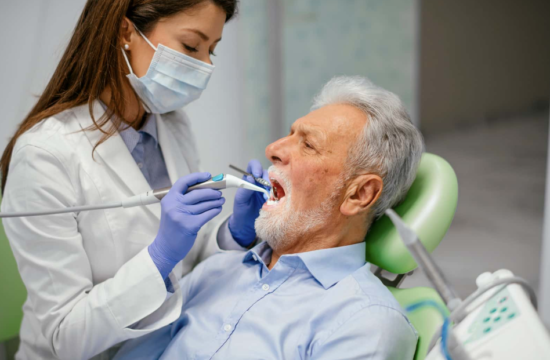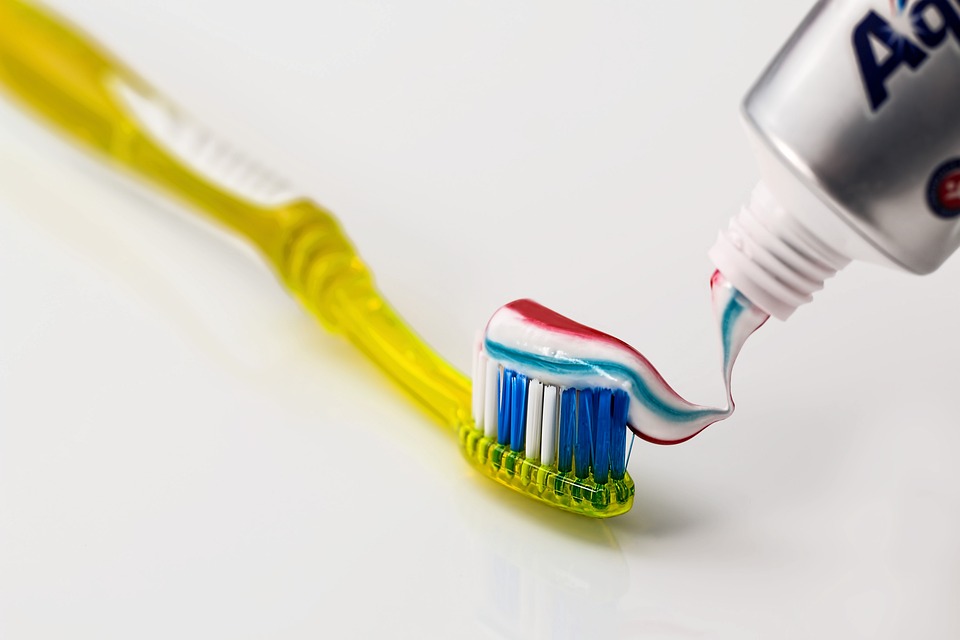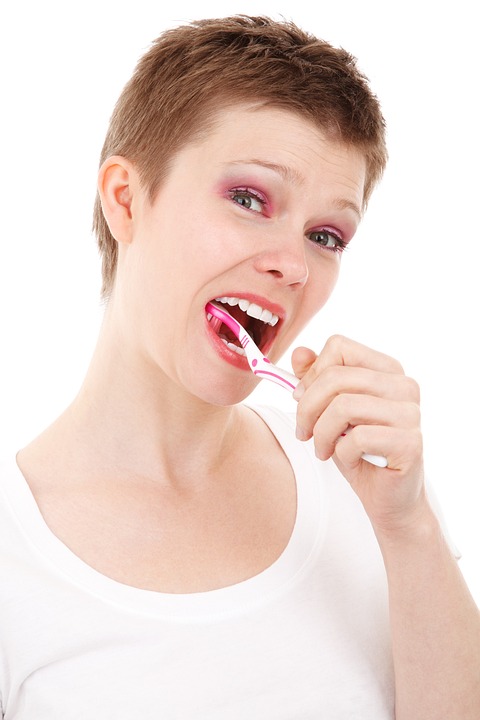Exploring the Benefits of Mouthwash: How it Enhances Oral Health
Introduction
Mouthwash is a widely used oral hygiene product that offers numerous benefits for enhancing oral health. While brushing and flossing are essential components of a good oral care routine, incorporating mouthwash into your daily regimen can provide additional advantages. In this article, we will delve into the various benefits of using mouthwash and how it can contribute to improving your oral health.
Advantages of Mouthwash
Mouthwash offers several advantages that contribute to maintaining optimal oral health. Let’s explore how this simple addition to your oral care routine can provide substantial benefits:
1. Reduces Plaque and Gingivitis
Mouthwash contains antibacterial agents that help control the growth of harmful bacteria in the mouth. By using mouthwash regularly, you can effectively reduce plaque buildup and prevent gingivitis, which is the early stage of gum disease. This can lead to healthier gums, preventing gum bleeding, inflammation, and eventual tooth loss.
2. Freshens Breath
One of the most well-known benefits of mouthwash is its ability to freshen breath. Mouthwash typically contains ingredients that help eliminate or mask unpleasant odors, leaving your breath feeling minty fresh. However, it’s important to note that mouthwash is not a substitute for proper oral hygiene practices, such as brushing and flossing, which are crucial for long-term breath freshness.
3. Prevents Cavities
Mouthwash often contains fluoride, a mineral that helps strengthen tooth enamel and prevent tooth decay. Regular use of fluoride mouthwash can provide an extra layer of protection against cavities, particularly in areas that are difficult to reach with a toothbrush or dental floss.
4. Alleviates Dry Mouth
Dry mouth, also known as xerostomia, can lead to various oral health issues, including bad breath, tooth decay, and gum disease. Certain types of mouthwash are specifically formulated to combat dry mouth by moisturizing and lubricating the oral tissues. By using mouthwash designed for dry mouth, you can alleviate discomfort and maintain a healthier oral environment.
5. Soothes Oral Irritations
Some mouthwashes contain ingredients like aloe vera or chamomile, which possess soothing properties. These mouthwashes can help reduce oral irritations, such as canker sores or minor gum irritations, providing relief and promoting faster healing.
FAQs about Mouthwash
1. How often should I use mouthwash?
It is generally recommended to use mouthwash twice a day, after brushing and flossing. However, it’s important to follow the instructions on the specific mouthwash product you are using, as some may have different usage guidelines.
2. Is mouthwash safe for children?
Mouthwash can be safe for children, but it is essential to choose a mouthwash specifically designed for their age group. Additionally, parental supervision is crucial to ensure children are using mouthwash properly and not swallowing it.
3. Can mouthwash replace brushing and flossing?
No, mouthwash should not replace brushing and flossing. While mouthwash offers additional benefits for oral health, it is not a substitute for proper brushing and flossing techniques. These practices should be combined for optimal oral hygiene.
4. Are there any side effects of using mouthwash?
In general, mouthwash is safe to use as directed. However, some individuals may experience temporary side effects such as a burning sensation or irritation in the mouth. If you experience any adverse reactions, discontinue use and consult your dentist.
5. Can mouthwash whiten teeth?
While some mouthwashes may claim to have whitening properties, they usually have minimal impact on tooth color. For significant teeth whitening, professional dental treatments are typically more effective.
Conclusion
Incorporating mouthwash into your daily oral care routine can provide numerous benefits for enhancing oral health. From reducing plaque and gingivitis to freshening breath and preventing cavities, mouthwash serves as a valuable addition to brushing and flossing. However, it’s important to remember that mouthwash should not replace these essential practices. Consult your dentist to determine which mouthwash is best suited for your specific needs. Take care of your oral health, and enjoy the advantages that mouthwash can offer!







